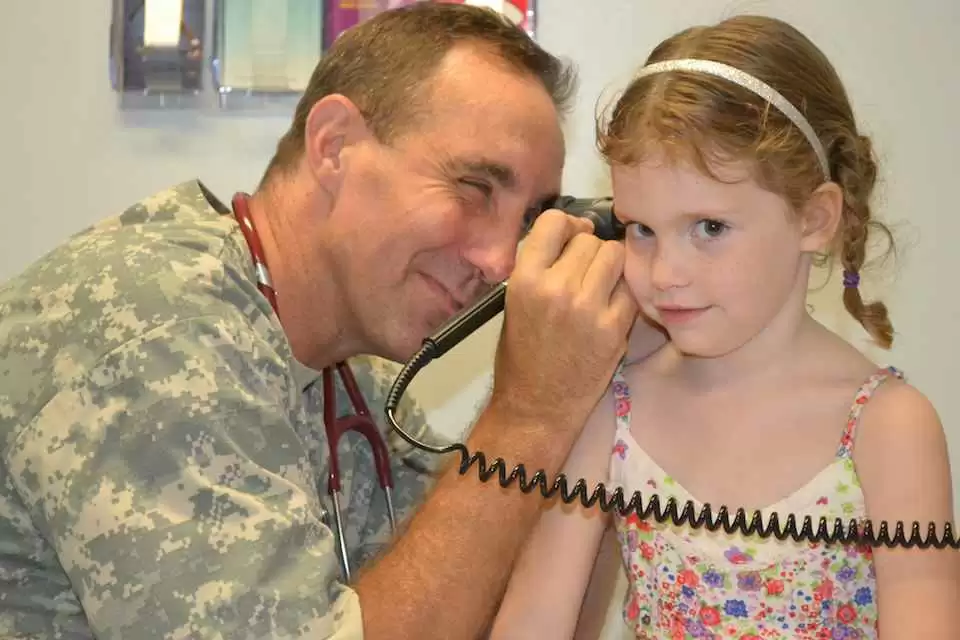
Celiac.com 03/08/2018 - A team of researchers recently set out to study delays in diagnosing patients who have biopsy-proven celiac disease with gastrointestinal complaints, compared to those without non-gastrointestinal complaints.
The research team included Marco A. Paez, MD, Anna Maria Gramelspacher, MD, James Sinacore, PhD, Laura Winterfield, MD, and Mukund Venu, MD. They are variously affiliated with the Division of Gastroenterology, Department of Medicine, Howard College of Medicine, Washington, DC; the Department of Medicine, the Department of Public Health Sciences, the Division of Gastroenterology, and the Department of Medicine at Loyola University Medical Center in Maywood, Illinois.
Celiac.com Sponsor (A12):
The research team first conducted a medical chart review of 687 adult patients diagnosed with celiac disease. All patients they studied had biopsy-proven celiac disease and were grouped according to presence or absence of gastrointestinal symptoms before diagnosis. The team found 101 biopsy-proven celiac patients that met their study criteria. The groups were roughly equal in size, with 52 patients showing gastrointestinal symptoms before diagnosis, and 49 with no gastrointestinal symptoms.
The results for the groups were starkly different. Statistical analysis revealed an average diagnosis delay of 2.3 months for the group with gastrointestinal symptoms, while the group that showed no symptoms showed an average delay of 42 months. That’s a difference of nearly 3½ years.
Nearly half of the patients with non-gastrointestinal symptoms had abnormal thyroid-stimulating hormone, as opposed to 15.5% in the gastrointestinal symptom group (P = .004). Nearly 70% of patients without gastrointestinal symptoms had anemia, compared with just 11.5% of the group with gastrointestinal symptoms.
Also, nearly 70% of patients in the non-gastrointestinal symptom group showed abnormal bone density scans, compared with 41% in the gastrointestinal symptom group. The team saw no sex differences on chi-squared analysis between the 2 groups.
Although there is growing awareness of celiac disease, the delay in diagnosis for patients without gastrointestinal symptoms remains prolonged, with an average delay of 3.5 years for celiac diagnosis, compared with just over two months for those with symptoms.
Clearly, more needs to be done with regard to diagnosing celiac disease in patients who show no symptoms. On the upside, researchers are currently working on ways to better diagnose celiac disease via faster, more accurate tests, even in patients who have already gone gluten-free.
Source:








Recommended Comments
Create an account or sign in to comment
You need to be a member in order to leave a comment
Create an account
Sign up for a new account in our community. It's easy!
Register a new accountSign in
Already have an account? Sign in here.
Sign In Now